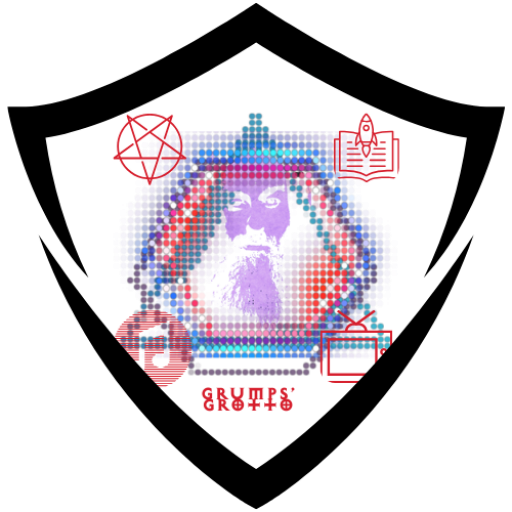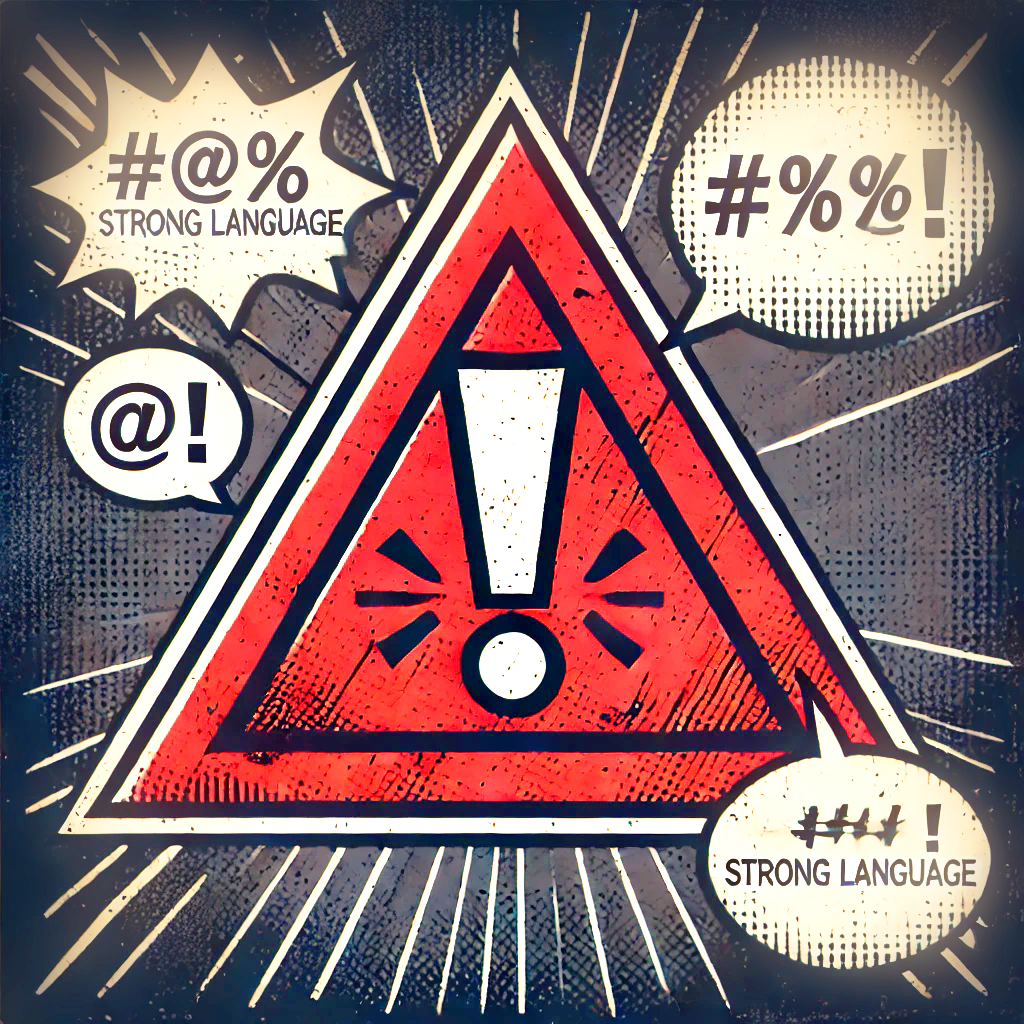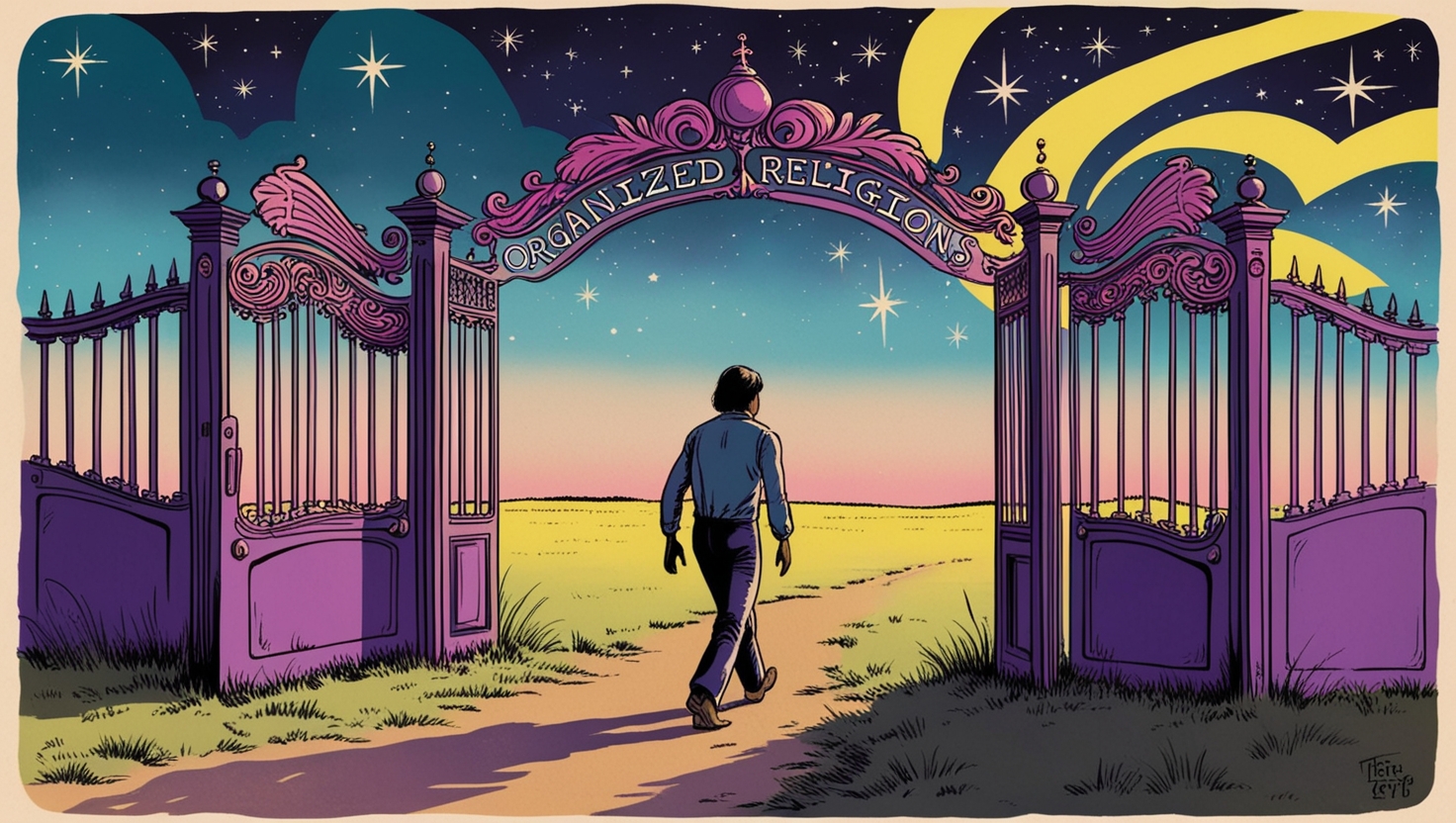In the solitude of self-reflection, a profound shift can occur. It’s the journey of stepping away from the structured certainty of religious belief into the uncharted, wide-open expanse of self-discovery. This is no small venture—it’s a path laden with doubt, vulnerability, and sometimes an unnerving silence. But beyond the unease lies a world rich with possibility and self-defined purpose, where meaning isn’t handed down from above but crafted from our own experiences, values, and passions.
For many, religion offers structure and certainty, wrapping life up in a comforting, divinely sanctioned blueprint. It’s nice, neat, and tells you exactly what you need to do, think, and believe. But if you’ve outgrown that framework, it can start to feel like a cage. Religious tenets may feel like limits, holding back the mind and soul from fully exploring the big, messy questions. For those who decide to break free, it’s rarely a casual choice; it’s a defiant act of independence, an all-in declaration that we’re ready to think for ourselves, even if it means grappling with our own unfiltered questions.
The early stages of this shift? They can feel like standing on the edge of a cliff, staring into a vast, unknown void. With the comforting framework of belief gone, what’s left? Who am I now? What is my purpose? Where do I belong? The mind races through these questions, almost desperate to grasp something tangible. It’s as though we’re naked under a vast sky, unprotected by the armor of inherited beliefs, forced to make sense of it all on our own.
Yet, within this void lies a potential that’s hard to describe. It’s a chance to peel away layers of inherited guilt, fear, and expectation, to discover a self that isn’t tethered to anyone else’s dogma. It’s an exploration that requires guts, patience, and a willingness to face our own biases. This isn’t about finding the “right” answers—it’s about asking the questions that have always lingered beneath the surface and daring to wrestle with them.
As we step beyond the boundaries of religious identity, we discover the boundless human capacity to create meaning. No longer bound to a divine blueprint, we become the authors of our own lives. It’s an empowering, if daunting, prospect. We are free to define our own values, shape our own lives, and embrace a more expansive view of what it means to be human. There’s no celestial referee judging our every move; instead, there’s only us—capable, fallible, curious, and ultimately responsible for what we choose to believe and pursue.
And here’s an essential truth: this journey doesn’t have to be a lonely one. While stepping away from faith can feel isolating, a world of like-minded people awaits. Communities of fellow seekers, skeptics, and non-believers offer camaraderie, support, and a shared language for those of us looking to live beyond the dogma. Here, we share stories, celebrate each other’s small victories, and provide a space to discuss the ups and downs of building a life beyond traditional faith. Far from the judgment or guilt many of us felt in religious circles, these communities allow us to breathe a little easier, knowing we’re not alone in this journey.
Of course, this path isn’t all enlightenment and profound revelations. There will be days when you feel lost, when those old doubts creep back in, whispering in the dark corners of your mind. You might even find yourself glancing over your shoulder, half-expecting the universe to hurl some cosmic punishment your way. But over time, you learn to walk through these moments. And as you do, something unexpected happens: you get stronger, more resilient, more attuned to who you are and what you stand for.
So, what replaces the old religious framework? Here’s the thing: it’s up to you. The beauty of leaving behind a belief system that dictated every aspect of your life is that now, you get to decide what matters. Some find meaning in the simple things—good conversations, walks in nature, art, and music. Others dive into the thrill of intellectual discovery, the endless pursuit of knowledge, unencumbered by dogma or decrees. Still others find peace in connecting with people, building relationships based on mutual respect and understanding, rather than fear of divine retribution.
In the end, leaving religion doesn’t mean abandoning meaning—it means redefining it on your own terms. Life’s purpose doesn’t have to be handed down from on high; it can be crafted from the ground up. And with this freedom, you find that purpose can be fluid, evolving as you grow, shifting as you learn. The universe may not have all the answers, but it offers infinite possibilities.
So here’s to you, the brave soul venturing beyond the light of inherited beliefs. This journey isn’t about following a pre-set path—it’s about daring to walk off the beaten track and see where it takes you. Embrace the ambiguity, revel in the questions, and find meaning in the beauty of a life that’s authentically, unapologetically yours.
Owner of BaedonWebZine and the mastermind behind its content. A versatile individual hailing from The Great American Desert, Henry carries the enduring influences of his upbringing. He wears multiple hats as a writer, graphics manipulator, devoted father, and dedicated geek. His days are spent exploring the world with a relentless quest for understanding, bringing a unique blend of insight and creativity to the site.




Leave a Reply